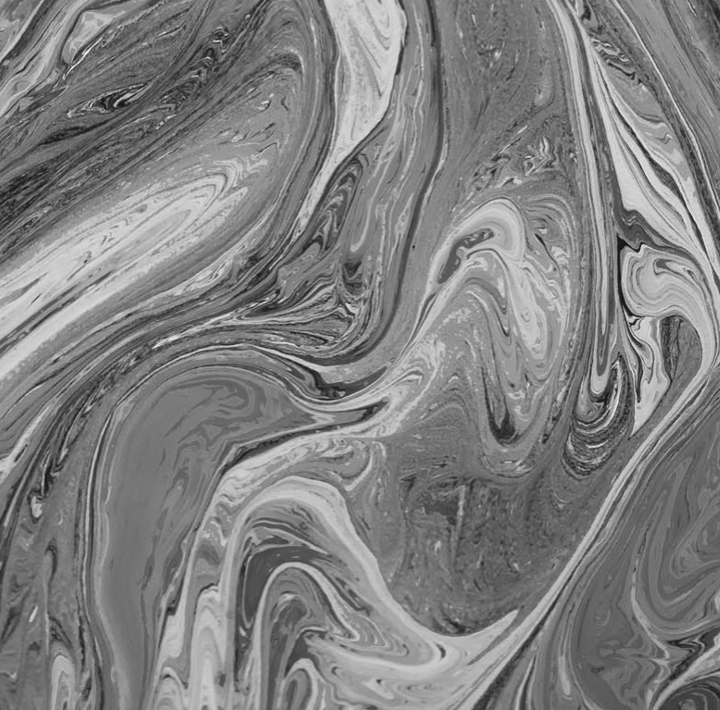
The effects of a spill can vary massively, and are dependent upon a host of factors such as the location of the spill, is it into standing water or flowing water? The volume of the spill, a big spill into a small stream can be devastating. The type of hydrocarbon spilt, for example heavy oil will behave differently to something like kerosene or petrol.
The effects of a spill will tend to be worse in standing water or marshland. Although easier to contain and therefore treat, the oil will be more likely to cover the surface reducing the oxygen content of the water and collect in sediments, impacting upon water skimming and sediment eating insects. It will also be more likely to coat plants and impact upon animals, fish and waterfowl by both toxic and ‘oiling’ of animals moving through the water. This oiling of plants and animals is particularly problematic in marshland where a slow flow of water leads to little dilution and potentially a large impacted area as oil spreads in a coherent layer over the surface and settles in sediments.
In a flowing river environment the main problem is containment. The moving water will help to break down the hydrocarbons through greater oxygenation and physical dispersion and dilution will mitigate the acute toxic effects and remove the ‘smothering’ of an oil layer. But a fast moving watercourse can result in a spill being quickly spread over a very large area. So by the time anyone reacts there could already be miles of riverbanks where the vegetation is covered with oil.
When dealing with oil it’s intuitive to think that oil floats so if you sample the surface you’ll encounter the bulk of contamination but the reality is more complex. Oil in a watercourse can float on the surface, sink to the bottom, dissolve into the water, be adsorbed onto particles or float about in the water column as discrete ‘blobs’. This is dependent upon a range of factors such as the oil, the water chemistry, temperature and a host of other physical factors.
Oil spills in the environment can lead you into some very murky waters and accurately assessing and interpreting the information requires a fair bit of specialist knowledge.
2022
Visit our oil spill clean up guide
Here we present answers to lots of your questions about Oil Spill clean up. We also cover prevention, health and safety, clean-up, as well as response plans and spill response services.
CHECK IT OUT
![]()


